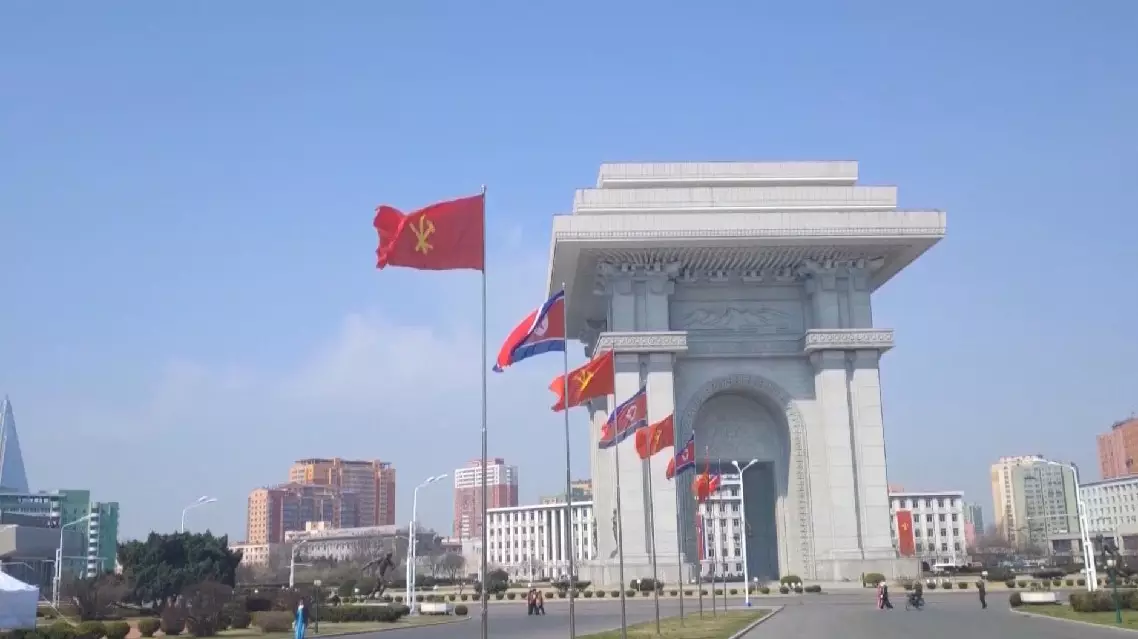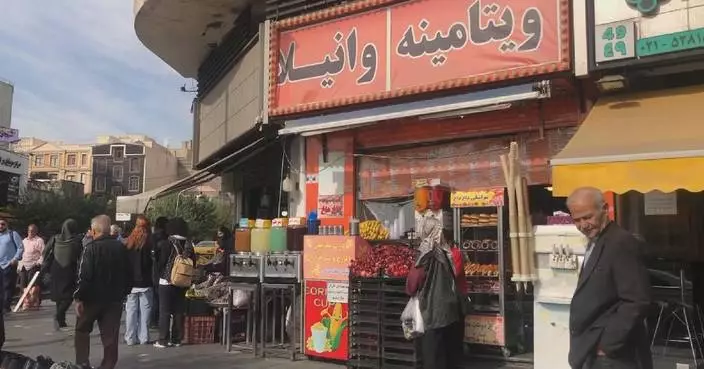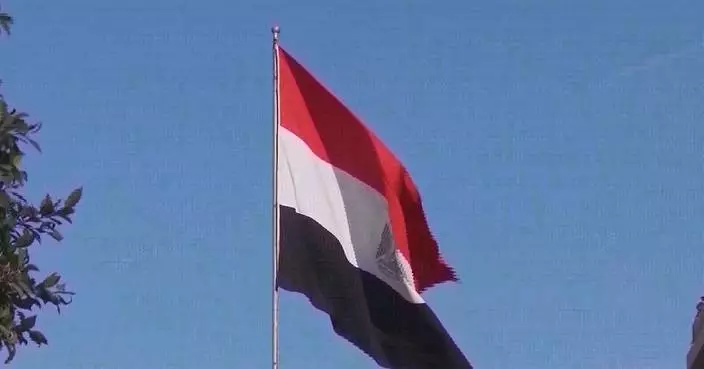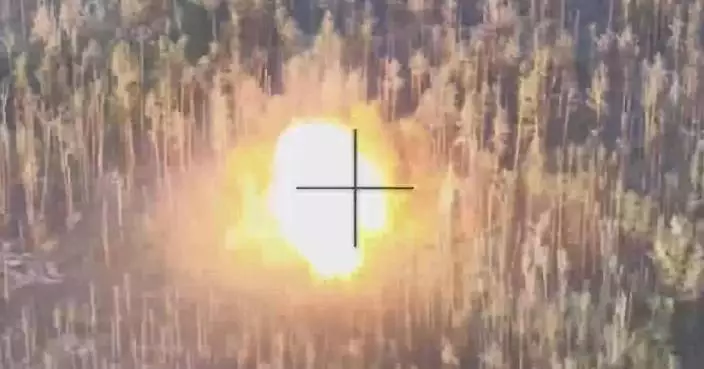Talks to reach a ceasefire in the Gaza Strip resumed in Doha, Qatar on Sunday, though with little expectation of substantive progress.
Representatives from Qatar, Egypt, the United States, and Israel participated in the talks, while the Palestinian Islamic Resistance Movement (Hamas) did not send any representative for it.
Chief of Israel's Mossad intelligence agency David Barnea, who led the Israeli delegation, met with Qatari Prime Minister and Foreign Minister Sheikh Mohammed bin Abdulrahman bin Jassim Al Thani, head of Egypt's General Intelligence Service Hassan Mahmoud Rashad, and director of U.S. Central Intelligence Agency William Burns.
It was the first high-level talks among relevant parties on a Gaza ceasefire after the death of Hamas leader Yahya Sinwar in mid October. The United States had previously stated that all parties were exploring a "new framework" for a ceasefire agreement to facilitate the progress of the talks.
According to Israeli sources on Saturday, an official associated with the Israeli delegation stated that the final agreement relies on Israel's willingness to halt hostilities. The Israeli delegation can only achieve results once authorized, a step pending approval by the government.
However, analysts believe that the likelihood of a breakthrough in the talks in the short term is not high due to fundamental differences in positions between Hamas and Israel, along with internal political struggles in Israel and the U.S. presidential election.
According to mediators, the core mission of this round of talks is to explore new options for a ceasefire in Gaza, aiming to present a new proposal that "enables Israel to withdraw, allows Palestinians to rebuild their lives and future". The U.S. and Israel hope that the new proposal will prevent Hamas from rebuilding.
According to information from various sources, before the resumption of this round of talks, both Israel and Egypt presented proposals concerning a ceasefire agreement.
Israel proposed that Hamas release all detained individuals in return for Israel permitting Hamas members to safely leave the Gaza Strip. Israel also planned to use Sinwar's body as a bargaining chip. However, after Egypt communicated this proposal to Hamas, it was rejected by the latter.
Recognizing the difficulties in reaching a comprehensive and lasting ceasefire agreement, Egypt has put forward a short-term ceasefire proposal. The aim of this proposal is to lay the groundwork for a more comprehensive ceasefire agreement in the future.
Despite the diligent efforts of mediators such as Egypt and Qatar to facilitate a ceasefire between Israel and Hamas, enduring conflicts persist between the two parties.
Israel is keen on leveraging its battlefield successes to achieve the objectives set for the Gaza operation, insisting on maintaining a military presence in strategic areas such as the "Philadelphia Corridor" in southern Gaza.
In contrast, Hamas has repeatedly emphasized that its stance remains unchanged: Israel must halt military operations and completely withdraw from the Gaza Strip.
Another deeply concerning trend is the potential entanglement of the talks in Israel's domestic political struggles and the U.S. presidential election.
Israel's far-right National Security Minister Itamar Ben-Gvir and Finance Minister Bezalel Smotrich have openly opposed the Israeli delegation's trip to Doha for talks.
Moreover, domestic political considerations significantly influence the American decision-making process in advancing the ceasefire efforts as the U.S. serves as one of the mediators. Many are concerned that substantial progress in Gaza ceasefire talks is improbable until the results of the U.S. election are revealed.
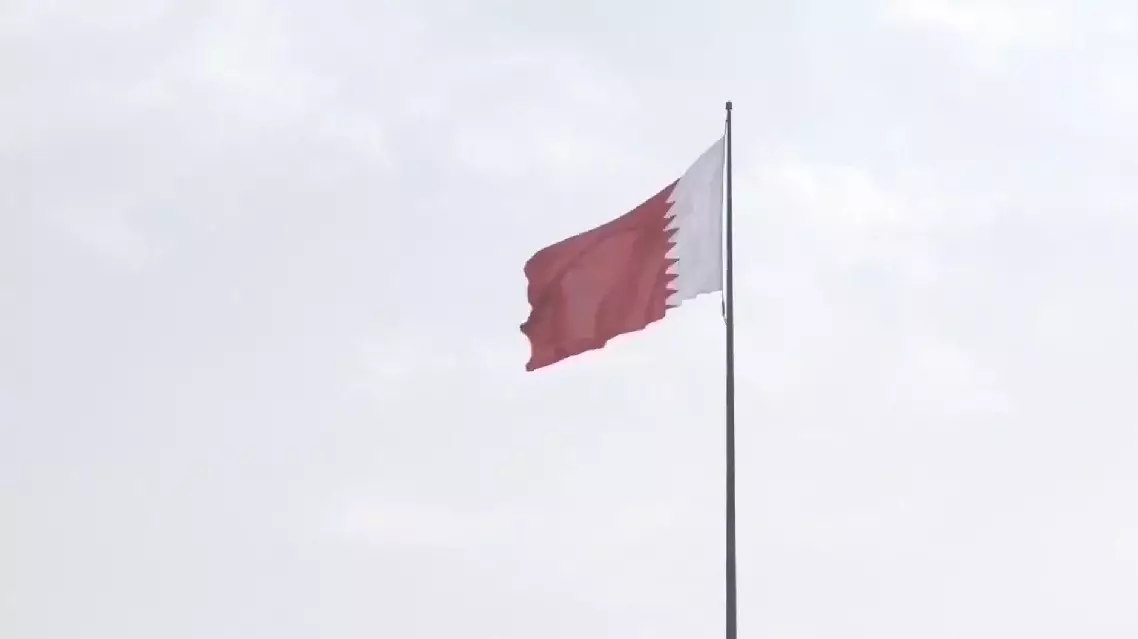
Gaza ceasefire talks resume in Doha


